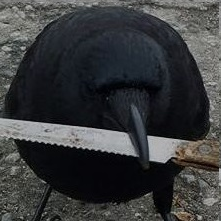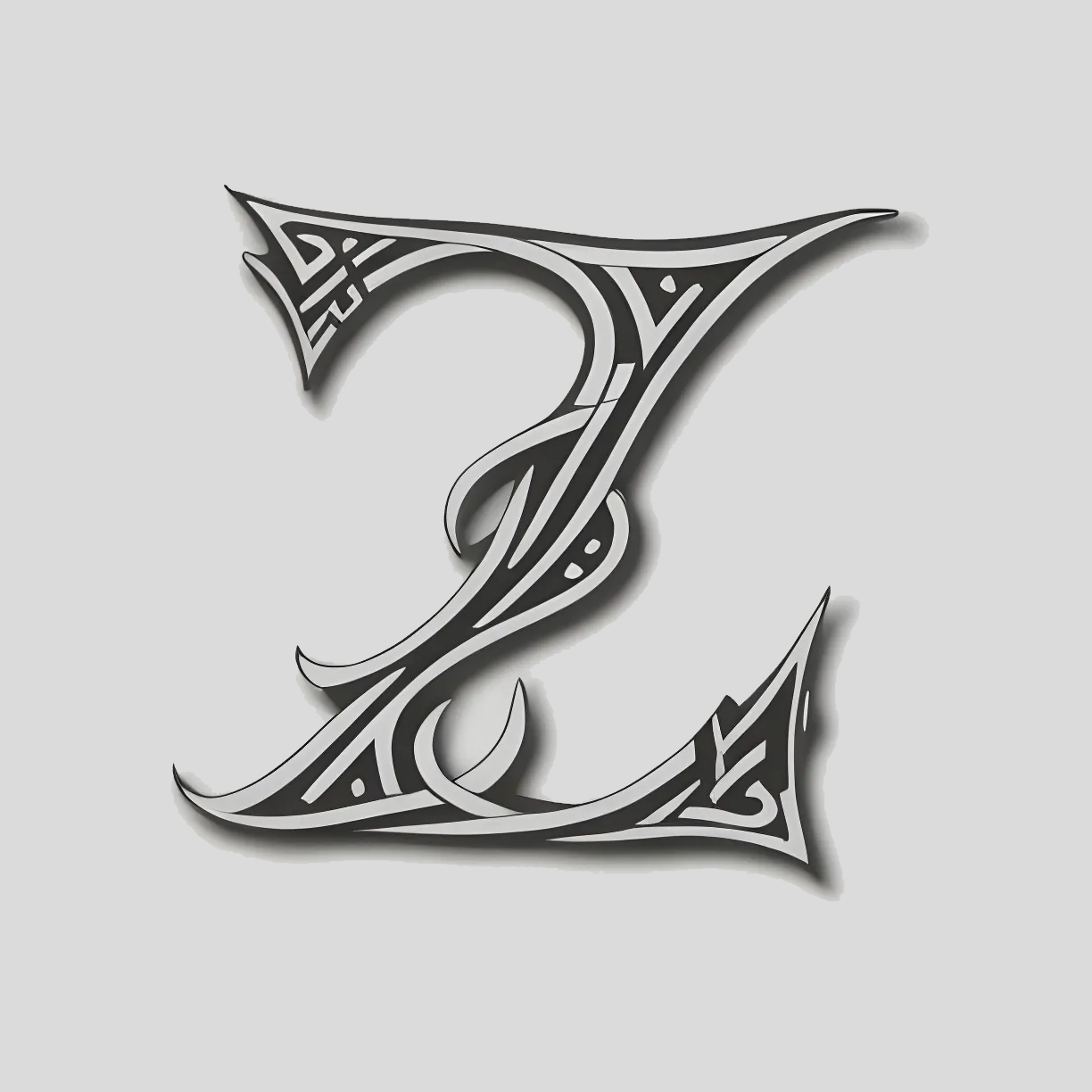I’ve been working for several years on a novel, and in a lot of ways it’s been fun. I have some very interconnected themes, some plot twists that tread the line between being surprising, and meaningful, and a fair few characters that develop through a lengthy confrontation.
I’ve started to consult an editor about tuning it into something publishable. Due to the way I was writing it, I only recently got the tools to calculate a total word count, and we realized that in the end, it’s far longer than I wanted it to be; on the order of 370,000 words.
Apparently people like George R. R. Martin can sometimes get away with this length, but I understand this is way out of line for a first time author. I’ve been looking at ways of trimming this down, and admittedly, there’s a few chapters with low hanging fruit I can get rid of; but I think I’m in need of a lot more than that. My editor was suggesting getting rid of entire main characters that don’t have as much development as others.
But at a lot of turns, it feels like trimming out X causes 5 other problems (plot points lost, throwbacks disconnected) that might threaten to either make the book soulless, not make sense, or even fail to reduce word count when I tie things together.
The option of simply splitting it into 2+ books has been there, but…it doesn’t seem practical. There’s a very clear villain, with a steady buildup to their dethroning, that would feel unsatisfying pushed off to another story.
If I assume publishers, or even just readers, would show only mild interest in a 300k word book, it makes me feel a bit stuck. I’ve already committed a lot of time to the story, and it feels grueling to go back and redo large parts of it; while also aiming to make it shorter.
Curious if anyone has thoughts on what they’d do in this situation.

If you have fluff cut it, but don’t compromise your story for the sake of length.

How deep have you looked into the current state of publishing for epic fantasy? Most new authors are getting their start on Amazon using Kindle Unlimited – sort of like Netflix for books – and on that platform you get paid by the page. A 370k epic fantasy could be just what certain readers are looking for.
While I wouldn’t totally discount what your editor is saying, it could be a good idea to find a place where the book at least ends in some fashion so you can share a “book” and then seek out some readers aligned with writers you think are in your same club. Find the Robin Hobb, Brandon Sanderson, Janny Wurts doorstopper readers. Facebook groups are a good place to start. Participate in the groups to gain some credibility, then ask if a few people would be interested in reading your book.
You want people who read for pleasure, not with the mind of an editor. These are the people who will, most importantly, pay for your eventual book.
The only feedback I would ask them to provide is, tell me where you put the book down, or where you were confused. If they do give feedback and 4 of 5 readers say the same thing, look at that issue. Otherwise its all subjective. If they finish the book and want more, then you’re on the right track.
Working with editors is great but can be a real time and money suck, especially if the editor doesn’t know the current marketplace.
Sure, it would be great to get published by Tor, but DAW just went out of business and Baen is hit or miss for epic fantasy, so there aren’t many doors open anymore on the traditional route.
The only other advice I would give for fantasy is to work some element of progression into your plot. Doesn’t have to be LitRPG, but progression fantasy is making crazy money right now.
The only reason you should listen to me is because I’m an SF writer who learned the editor lesson the hard way, especially concerning Amazon. Amazon pays monthly, rather than quarterly like publishers, and monthly income is nice. I also watch LitRPG writers and wish I had their audience. Ultimately, there’s a ceiling on your success as a writer in any given genre. Fortunately I can pay my mortgage.
Good luck! 370k is a huge accomplishment. (You could also look at splitting the book up into smaller pieces, but a book that size could make a real splash from a first time author. The only problem is your follow-up, and fulfilling any promises about timelines to your readers.)
Really appreciate the insight. Finding people willing to commit to reading has definitely been a challenge; many people so far have idly promised to give it a look, only to never actually read it. So, getting feedback on whether there are bits people lose interest in has been difficult.
Thankfully, this is never expected to be my primary income, and I’ve even strongly considered donating the revenue to some charity. I still have little knowledge of the publishing requirements; I guess my main goal is I just want to get eyes on it.
I had to look up what “progression fantasy” refers to. I can see the appeal, but even with a lot of fantasy elements in my book, the main characters are all humans with no magical abilities. I do have this kind of rule of “unspoken leveling”, where the more character development someone has gone through, the more likely they are to win a fight - even if there’s been no real combat training to justify that outcome. The characters achieve some big societal changes through the book without ever getting to a point they could defeat entire squadrons of soldiers, so maybe that will satisfy a lot of the same urges.

I think the question is whether you want to make something sellable, something that pleases you, or something that pursues excellence. These things aren’t mutually exclusive.
There’s ways outside of the traditional publishing houses to publish things in the internet age, but you won’t make much money, in all likelihood. That said, if the work can be improved by shortening, improve it. Rework it, focus it, and don’t be afraid to toss old work aside when it has to be done. Think of it as a necessary stepping stone to making a better piece of art.

I have had to face what you are dealing with, but I am writing a very different sort of story and publishing as a serial, so it was much easier to break off “volume 1” earlier, I just had to find a place where the was enough of a shift in the story development that it made sense to put a small break there. Not so much as the end of a mini-story as the end of that stage of the story, if that makes sense?
I don’t know if this will help you, my experience is different in several ways, but it’s the best I have to offer right now.

With a little more thought: Maybe you need to expand the story more (but not with meaningless fluff) and cut it into three pieces for a neatly wrapped trilogy. Sell it as a trilogy. Name the trilogy and have it as part of the title.
Bold Print: [Title Here]
Smaller print: [Part One of the {YYY} Trilogy]

I enjoy reading stories on RoyalRoad, and in general people who read web novels have a far greater patience for long stories than standard publishers would - The Wandering Inn has over 12 million words, and it’s not over yet. Mother of Learning, the top rated novel, has a word count of around 800,000.
That said, trying to trim down your book has a good chance of improving the story as a whole. One of the reasons why Mother of Learning is so highly rated is because every single detail that is mentioned always leads somewhere, and it all gets brought together nicely at the end. If you wanted to trim it down, I think that trying that approach would likely work better and probably improve the novel.
I think what you do depends on what kind of future you’re imagining for yourself as an author.
